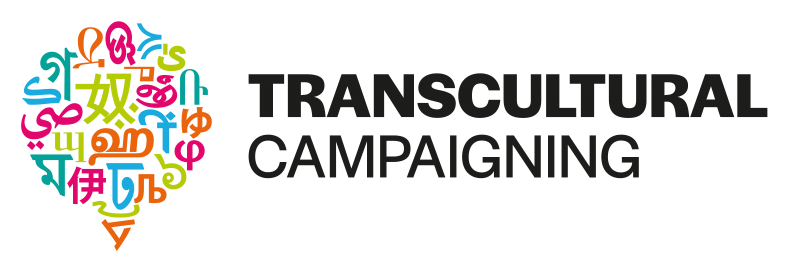In October Transcultural Campaigning evaluated the information levels among migrants and asylum-seekers in South East Europe in order to recommend a CwC strategy (Communicating with Communities) to UNHCR and found that the migration movement is largely driven by – the wrong kind of – information.
The situation in the Balkans is every communicator’s and campaigner’s nightmare for several reasons.
It is difficult to inform a population on the move. How do you reach people who do not stay in any place for longer than a few days, set on moving onwards? Capturing their attention or even to motivating them to pick up information materials on the go is a challenge as that is not much more to them than dead weight. They are not interested in asylum options in the Balkans, as their minds are set on Western Europe.
The composition of the target audience is ever-changing. The languages they speak and their literacy levels are subject to constant fluctuation, and interpreters are scarce in the region.
This is a mixed movement of migrants who are seeking a sound economic basis and refugees who are in search of protection. As a consequence, the content those two groups want and need to know is different. But how can you tell who is an economic migrant and who is a refugee?
The biggest challenge for information providers, however, is that they have to compete with much more powerful and “credible” information sources from within the communities: the diaspora and the smugglers.
Friends and family in Europe gloss over their problems with obtaining a legal status or decently paid jobs and tend to convey an embellished picture of their situation — as all new immigrants have done throughout history.
The smugglers have more sinister motives. They feed their clients with quixotic stories of life in the destination countries. Their tales of enormous salaries, big houses, cars, access to universities etc. are much more appreciated than the drab legal information about rights and obligations of asylum seekers and migrants, which humanitarian organisations try to disseminate.
Smartphone plus free WiFi in reception centers are the main communication tools for refugees and migrants. They search and receive written and video messages via Facebook and WhatsApp and use GPS to move onwards. Smartphones also help them to stay in touch with their smugglers. And they, in turn, do everything to discredit the messages provided by humanitarian organisations. It is their misinformation that keeps the profitable smuggling business going.


